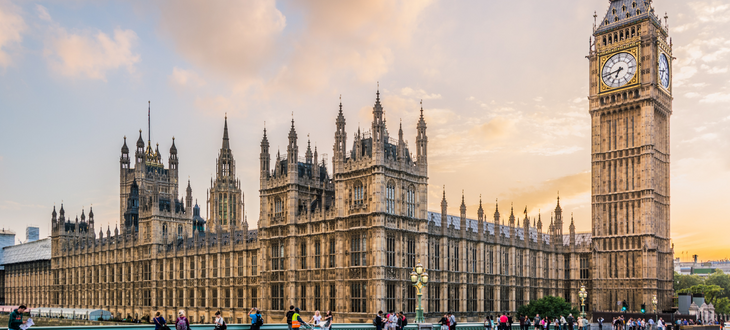
On Friday 14th October, Ms Truss announced a change of Chancellor, from Kwasi Kwarteng to Jeremy Hunt. This was swiftly followed by a series of U-turns culminating in Mr Hunt delivering an ‘emergency statement’ on Monday 17th October. This emergency statement effectively replaces and re-writes the mini-budget.
Designed to ensure the UK’s economic stability and provide confidence in the Government’s commitment to fiscal discipline, the emergency statement confirmed:
It had already been confirmed that the ‘additional rates’ of income tax for those earning more than £150,000 a year, including the 45% rate on non savings income, would remain in 2023/24.
The 1.25% rise in NICs will still be reversed from 6 November and the government will not go ahead with the planned 1.25% levy to fund health and social care next year.
The annual investment allowance will remain at £1 million from 1 April 2023, rather than reverting to £200,000.
There are to be more than 40 new “investment zones” in England.
The increased thresholds for Stamp Duty Land Tax in England and Northern Ireland, as implemented from 23 September, will remain in place.
The Energy Bill Relief Scheme for Business will continue to be subject to a governmental review after 31 March 2023. The Chancellor has now said that any support for businesses will be targeted to those most affected, and that the new approach will better incentivise energy efficiency.
On 31 October, Mr Hunt will present an update on the government’s medium term fiscal plan, complete with Office for Budget Responsibility forecasts. Further changes to fiscal policy are expected to be announced at this time whilst we await the appointment for a new Prime Minister.
In these turbulent times, it is a good idea to plan for a range of scenarios, both good and bad, so that you can be flexible about the direction your business should take. Please talk to us about your plans, we can assist with cash flow planning and “what if” scenarios.